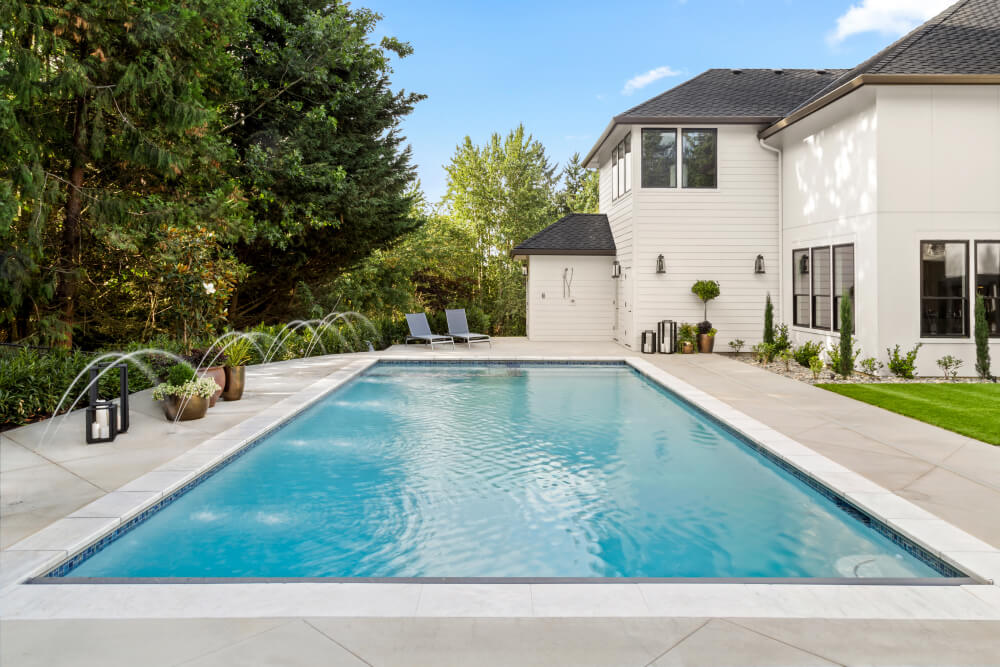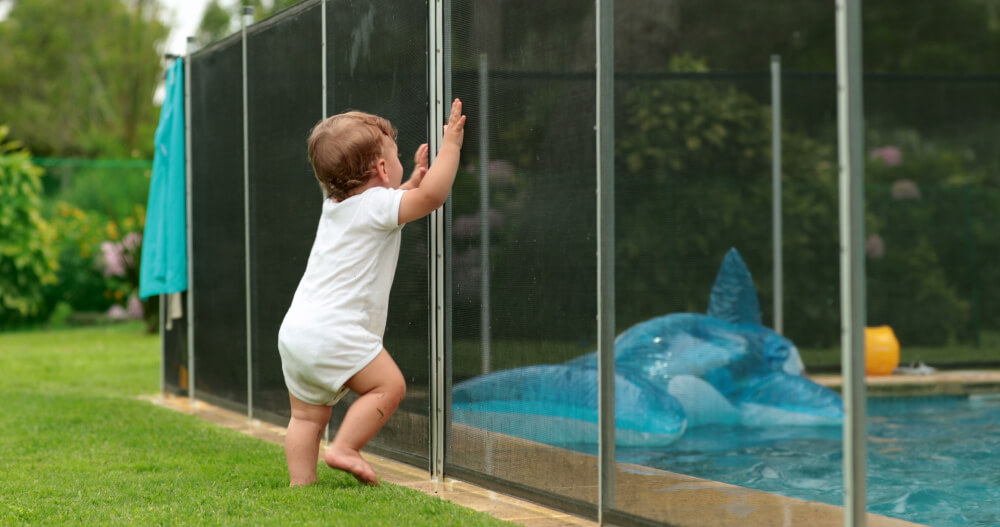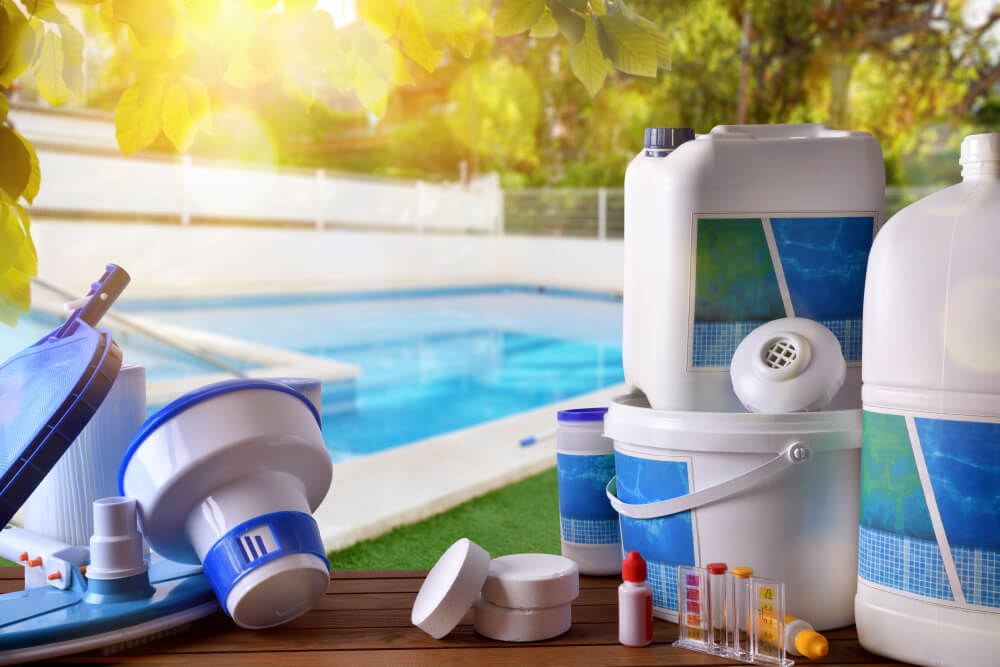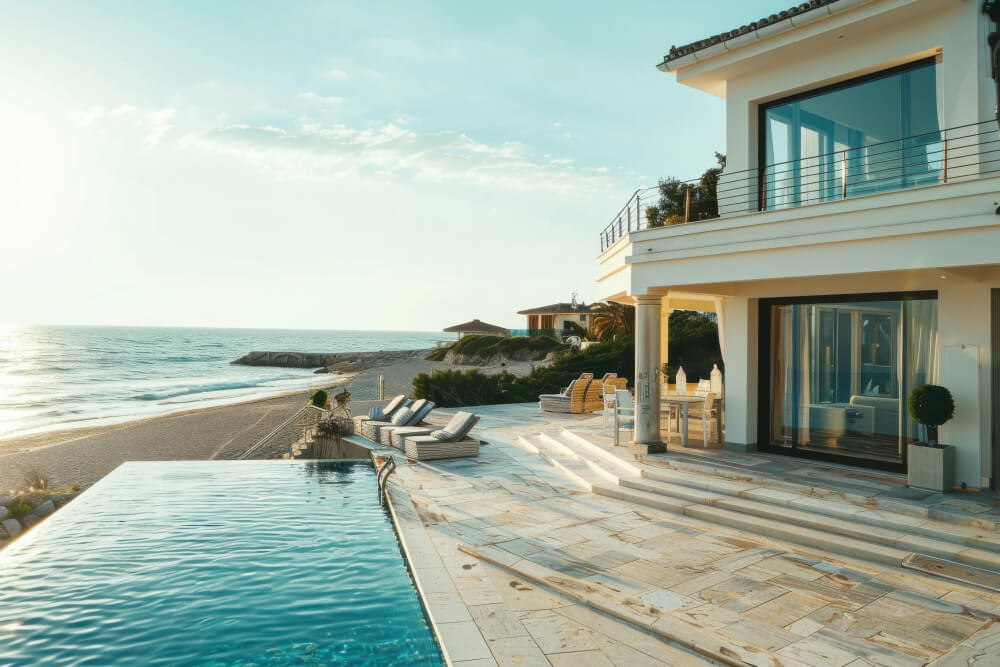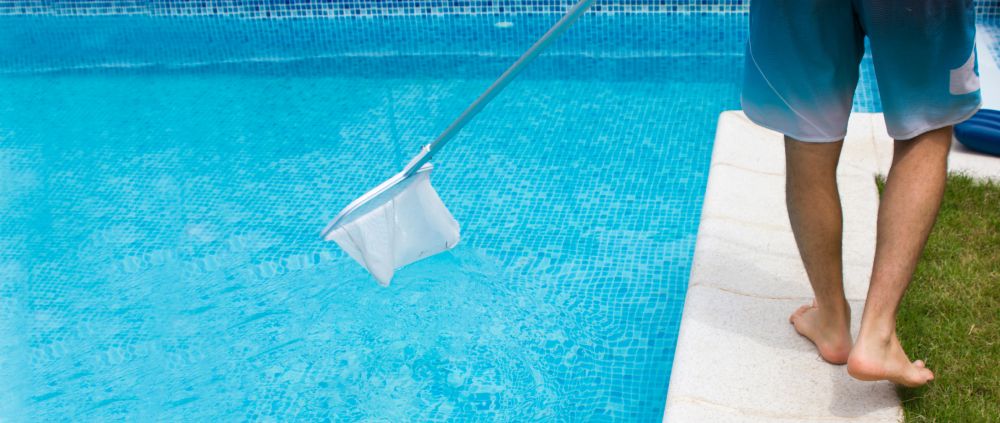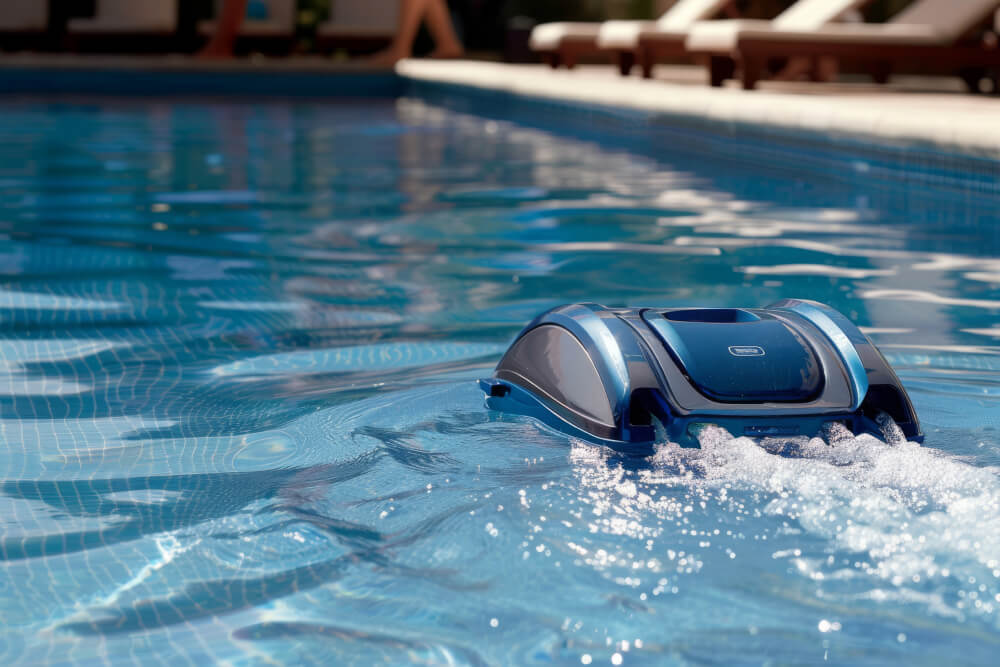Understanding the Importance of Permits and Regulations
Before diving into the specifics, it’s crucial to recognize why permits and regulations are necessary:
- Safety: Ensuring that pools are built according to safety standards minimizes the risk of accidents and injuries.
- Legal Compliance: Adhering to local laws and regulations prevents legal issues, fines, or forced removal of non-compliant structures.
- Community Standards: Regulations help maintain neighborhood aesthetics and property values.
- Environmental Protection: Proper construction and maintenance practices protect local water resources and ecosystems.
Steps to Navigate Pool Permits and Regulations
1. Research Local Requirements:- Look for specific requirements in your area on your local government or municipality’s website. Key points to check include:
- Zoning laws
- Building codes
- Environmental regulations
- Safety standards
- Contact your local building department or planning office to get detailed information about the permitting process. They can provide guidance on:
- Required documents
- Application procedures
- Fees and timelines
- Specific local regulations
- Working with a licensed pool contractor can simplify the process. Experienced contractors are familiar with local regulations and can help ensure that your pool design meets all requirements. They can also assist with the permit application process.
Join HICP Homeowner’s Alliance
Connect with experts, get special discounts and enjoy member benefits
- When you are ready to apply for a permit, you will need to submit several documents. These may include:
- Site Plan: A detailed drawing of your property, including the pool’s location, dimensions, and proximity to property lines, structures, and utilities.
- Pool Design Plans: Detailed construction plans that outline the pool’s design, materials, and safety features.
- Soil and Erosion Control Plan: If required, this plan addresses how soil will be managed to prevent erosion during and after construction.
- Environmental Impact Assessment: In some areas, you may need to provide an assessment of how the pool construction will affect the local environment.
- Once your application is submitted, it will go through a review process. This may involve:
- Site Inspections: Officials may visit your property to ensure the proposed pool location complies with zoning and safety regulations.
- Public Hearings: In some cases, particularly for larger or more impactful projects, public hearings may be required to get input from the community.
- Plan Revisions: You may be asked to make revisions to your plans to meet specific regulatory requirements.
- After your application is reviewed and approved, you will be issued a pool construction permit. This permit must be displayed at the construction site. It is essential to understand the permit’s conditions and comply with all stipulated requirements during construction.
- Throughout the construction process, you will need to schedule several inspections to ensure compliance with building codes and safety standards. Common inspections include:
- Excavation Inspection: Before the pool shell is constructed.
- Steel/Rebar Inspection: To check the structural framework.
- Plumbing and Electrical Inspection: To ensure proper installation of all mechanical systems.
- Final Inspection: After construction is complete, to verify overall compliance and safety.
- Once your pool is constructed, ongoing compliance with safety regulations is crucial. This includes:
- Fencing and Barriers: Ensuring that pool fencing and barriers meet local safety standards to prevent unauthorized access.
- Safety Covers and Alarms: Installing and maintaining approved pool covers and alarms as required.
- Signage: Displaying safety signs as mandated by local regulations.
- Regular Inspections: Scheduling periodic inspections to ensure ongoing compliance with safety and health standards.
Common Pool Regulations to Be Aware Of
While regulations can vary widely by location, some common pool regulations include:
- Setback Requirements: Pools must be located a certain distance from property lines, buildings, and other structures to ensure safety and access.
- Fencing and Barriers: Most areas require pools to be enclosed by a fence or barrier that meets specific height and design standards to prevent accidental drowning.
- Electrical and Plumbing Codes: Pools must comply with local electrical and plumbing codes to ensure the safe installation of lighting, pumps, heaters, and other equipment.
- Safety Features: Requirements may include the installation of safety covers, pool alarms, anti-entrapment devices, and non-slip surfaces.
- Environmental Regulations: Regulations may govern water usage, discharge, and chemical management to protect local water resources and ecosystems.
- Noise and Lighting Restrictions: Some areas have regulations on pool-related noise and lighting to minimize disturbances to neighbors.
Tips for a Smooth Permitting Process
- Plan Ahead: Start the permitting process well in advance of your planned construction date to account for potential delays.
- Stay Informed: Keep up-to-date with local regulations, as they can change over time. Regularly check with your local building department for updates.
- Document Everything: Maintain detailed records of all communications, permits, inspections, and modifications related to your pool project.
- Communicate with Neighbors: Inform your neighbors about your pool plans and address any concerns they may have. This can help prevent objections during public hearings.
- Follow Professional Advice: Rely on the expertise of licensed contractors, engineers, and inspectors to ensure your pool is built to code and meets all safety standards.
Navigating pool permits and regulations can be a complex and time-consuming process, but it is an essential step to ensure the safety, legality, and longevity of your pool. By understanding the requirements, preparing thorough documentation, and working with professionals, you can successfully navigate the permitting process and enjoy the many benefits of a well-constructed pool. Remember, compliance with regulations not only protects you from legal issues but also ensures that your pool is a safe and enjoyable addition to your home.

